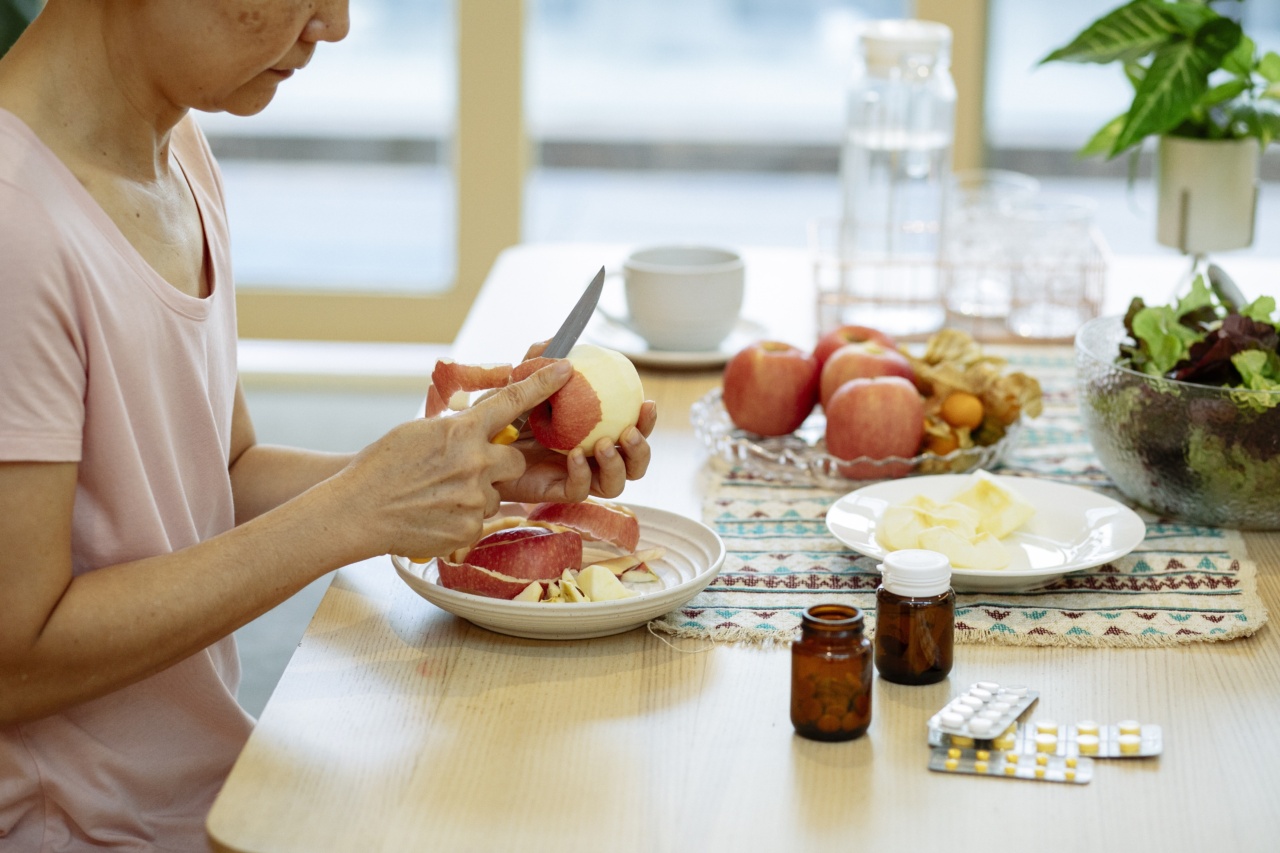Fruits are a delicious and nutritious part of a balanced diet. However, they can occasionally encounter various issues that affect their growth, quality, and overall health.
In this article, we will explore some of the most common fruit troubles and provide effective remedies to help you cultivate healthy and productive fruit plants.
1. Blossom End Rot
Blossom end rot is a prevalent problem in fruits such as tomatoes, peppers, and eggplants. It manifests as a dark, sunken spot at the blossom end of the fruit. This condition occurs due to calcium deficiency or inconsistent watering.
Remedy: To remedy blossom end rot, ensure adequate calcium supply in the soil by adding lime, gypsum, or bone meal. Additionally, maintain consistent watering practices to prevent fluctuations in moisture levels.
2. Fruit Splitting
Fruit splitting occurs when the outer skin of the fruit expands faster than the interior, causing it to split. This issue typically arises in fruits like cherries, tomatoes, and citrus fruits during periods of rapid growth or after heavy rainfall.
Remedy: To prevent fruit splitting, mulch around the base of plants to regulate soil moisture, and avoid excessive nitrogen fertilizer applications.
If splitting does occur, harvest the fruits immediately to reduce the risk of infections.
3. Bird Damage
Birds are notorious for their love of ripe fruits, and they can wreak havoc in your garden by pecking at and consuming your hard-earned harvest.
Remedy: Protect your fruits from bird damage by covering the plants with bird netting or erecting scarecrows, reflective tape, or visual deterrents.
You can also provide alternative food sources, like bird feeders, to divert their attention away from your precious fruits.
4. Pest Infestation
Pests such as aphids, caterpillars, and fruit flies can significantly damage fruit crops by feeding on the leaves, stems, or fruits themselves.
Remedy: Introduce beneficial insects or predators like ladybugs, lacewings, or parasitic wasps to control pest populations naturally.
You can also use organic insecticides or apply homemade remedies, such as neem oil or garlic spray, to deter pests.
5. Fungal Diseases
Fungal diseases like powdery mildew, downy mildew, and fruit rot can impact the health and yield of fruit plants.
Remedy: Ensure proper air circulation and sunlight penetration by pruning your plants regularly. Additionally, apply organic fungicides or homemade solutions like baking soda spray to control and prevent fungal diseases.
6. Insufficient Pollination
Inadequate pollination can lead to misshapen or small-sized fruits. Factors like a lack of pollinators or unfavorable weather conditions can contribute to this problem.
Remedy: Encourage pollinators, such as bees and butterflies, to visit your garden by planting flowers and providing suitable habitats.
Hand pollination can also be performed by transferring pollen from one flower to another using a small brush or cotton swab.
7. Lack of Fruit Set
Sometimes, fruit plants may experience a lack of fruit set, where flowers fail to develop into fruits. This issue can occur due to nutrient deficiencies, extreme temperatures, or improper pollination.
Remedy: Maintain optimal soil fertility by regularly applying organic fertilizers and providing adequate water. Shield plants from extreme temperatures using shade cloth or row covers.
Hand pollination can also be employed to ensure fruit set.
8. Slow or Stunted Growth
When fruit plants exhibit slow or stunted growth, it can indicate underlying issues like nutrient deficiencies, root damage, or improper care.
Remedy: Conduct a soil test to identify any nutrient imbalances and supplement accordingly. Be cautious when watering and avoid over-fertilization, as both can cause root damage.
Provide appropriate support like stakes or trellises for vine plants to promote healthy growth.
9. Sunburn
Sunburn occurs when fruits are exposed to excessive sunlight, resulting in yellow or brown patches on their surfaces.
Remedy: Protect fruits from direct sunlight by using shade cloth or providing natural shade with the help of taller plants. Applying a layer of reflective mulch around the base of plants can also reduce sunburn risk.
10. Soil Acidification
Highly acidic soil conditions can inhibit fruit plant growth and affect nutrient absorption.
Remedy: Adjust soil pH by incorporating agricultural lime or wood ash in the planting area. Regularly monitor soil pH levels to ensure it remains within the suitable range for optimal plant health.































